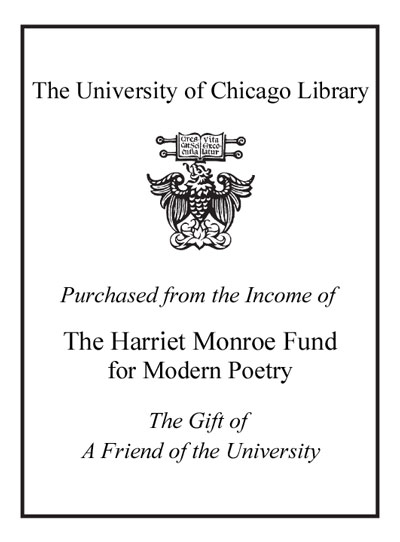Review by Publisher's Weekly Review
Excavating poems by erasing words from a range of documents from the late 1800s to the 1990s, Nogues (On the Other Side, Blue) reaches for a different kind of understanding of WWII's Pacific theater. Okinawa becomes a space in which Nogues examines the slow build of interactions that led to war as well as the ways Eastern and Western culture meet. Each poem reads like a diary of war, though one full of doubt: "I should be sure// that our map/ is real." The poems come after the fog of war has lifted, yet the original documents from which these poems have been created feel both removed from conflict and laden with uncertainty. The history of Americans on Okinawa becomes a stand-in for the ways Western culture invades new spaces. Erasure poetry exists in the liminal space between original writer's intentions and those of the person with the eraser; Nogues, concerned with the reality of such spaces, struggles to find something permanent on which to stand. Each poem includes a QR code that links to its original document online, which feels gimmicky in the shadow of poems that are otherwise so steady in purpose, cohesive, and surprising. Though there are flaws in the delivery, Nogues has nonetheless crafted an important work. (May) © Copyright PWxyz, LLC. All rights reserved.
Review by Publisher's Weekly Review

